Brexit is likely to stay “done” for some time yet
The Brexit reality is not quite as simple as Boris Johnson had claimed.
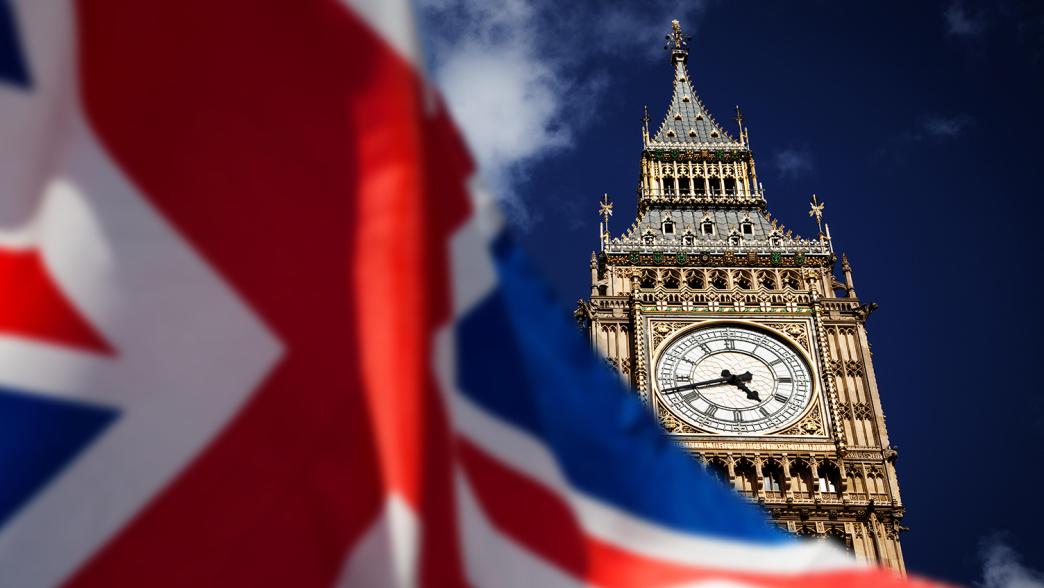
Boris Johnson may have left parliament, but his Brexit legacy will long outlive him. His successors will have to get used to managing it – and its consequences, says Jill Rutter.
Boris Johnson’s decision in early 2016 to “back Brexit” rather than throw his lot in with David Cameron is widely seen as the critical factor in the improbable win for the Leave campaign.
That result cost Cameron his job, and the inability to find a Brexit that could command enough parliamentary support drove his successor, Theresa May, from office after three tumultuous years. The Conservative Party, after suffering a drubbing at the hands of Nigel Farage’s Brexit Party in the European elections in summer 2019, turned to Johnson as their last hope of delivering some sort of Brexit and seeing off the threat of Jeremy Corbyn’s Labour Party and a resurgent Farage.
Johnson delivered. He took the UK out of the EU in January 2020 with a withdrawal agreement – albeit one that needed renegotiation to deal with its flaws on Northern Ireland – and on Christmas Eve that year signed a deal sealing the UK’s future trade and security relationship with the EU. At every stage Johnson hailed those agreements as triumphs – great deals in themselves, but also putting enough distance between the UK and the EU to allow the UK to spend the rest of the decade harvesting “Brexit benefits”. As ever, the Brexit reality is not quite as simple as Johnson had claimed.
The government is struggling with Brexit implementation
Despite two and a half years passing since the UK finally left the single market and the customs union it is clear that it has not yet fully implemented Brexit – in part simply due to lack of capacity and the complexity of the changes required. The target for introducing controls on goods at the UK border has been repeatedly delayed – with full controls on EU goods to be implemented only in October 2024, with the prospect of supply chain disruption and price hikes to come as EU exporters confront the real cost of doing business with the UK after Brexit. 32 Cabinet Office and Department for Environment, Food and Rural Affairs, 'UK Government publishes draft proposals for new border controls', press release, 5 April 2023, www.gov.uk/government/news/uk-government-publishes-draft-proposals-for-new-border-controls

There could be supply chain disruption and price hikes as EU exporters confront the real cost of doing business with the UK after Brexit.
And though the Windsor Framework provided a way forward to address some of the practical problems for businesses and citizens caused by original Northern Ireland protocol, government still has to implement the new systems it said would be phased in from the autumn. Full introduction of the new UKCA mark – the UK's equivalent to the EU's CE mark – has been delayed to December 2024. 36 Department for Business, Energy and Industrial Strategy and The Rt Hon Grant Shapps MP, Businesses to be given UK product marking flexibility, 14 November 2022, www.gov.uk/government/news/businesses-to-be-given-uk-product-marking-flexibility
On immigration, the government could claim an initial success in granting ‘settled status’ to millions of EEA residents living in the UK, but even that has not been without problems. The relevant watchdog – the Independent Monitoring Authority (IMA) for the Citizens Rights Agreements – criticised the failure to issue timely Certificates of Applications, 37 Independent Monitoring Authority, Home Office failed to comply with obligation to issue Certificates of Application immediately to EU Settlement Scheme applicants in some cases, IMA inquiry finds, 6 June 2023, https://ima-citizensrights.org.uk/news_events/home-office-failed-to-comply-with-obligation-to-issue-certificates-of-application-immediately-to-eu-set… which caused problems for applicants, and successfully challenged the Home Office in the High Court over its proposed handling of people with pre-settled status. 38 Independent Monitoring Authority, Independent Monitoring Authority successful in landmark High Court challenge against Home Office, 21 December 2022, https://ima-citizensrights.org.uk/news_events/independent-monitoring-authority-successful-in-landmark-high-court-challenge-against-home-office/
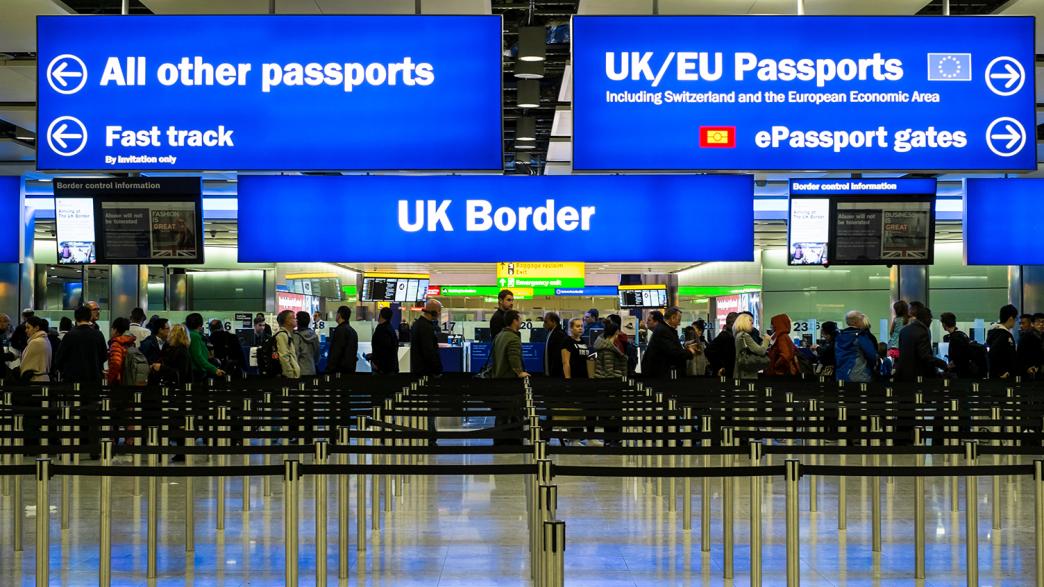
The government has, however, successfully implemented its new migration regime – but the results, with net migration of over 600,000 over the last year, may not be in line with what some of the Brexit coalition wanted or expected.
Brexit benefits are proving elusive
At a UK in a Changing Europe conference on 7 June, leading Brexit campaigner Andrea Leadsom 43 UK in a Changing Europe, Annual Conference opening keynote: The Rt Hon Andrea Leadsom MP, 7 June 2023, https://ukandeu.ac.uk/annual-conference-opening-keynote-the-rt-hon-andrea-leadsom-mp/ made the case that Brexit was already delivering benefits. She argued that there had been clear benefits on trade, influence, levelling up, the environment, animal welfare, and research and life sciences.
On trade she could point to the 60 ‘rolled-over’ deals – which continue deals to which the UK was previously party to as an EU member state. An achievement, but no more than standing still. There are also slight enhancements to deals with Singapore, Japan and Canada, as well as the new – but not uncontroversial – deals with Australia and New Zealand. She was right to emphasise UK accession to the Comprehensive and Progressive Trans-Pacific Partnership (CPTPP) but failed to mention the evaporation of any prospect of a US trade deal and the fact that Johnson’s much vaunted Trade and Cooperation Agreement with the EU had made trade with our biggest partner much harder. This is backed up by recent UN data that showed that UK export growth has been the slowest in the G7 over the last decade – with goods exports particularly sluggish. 44 Boffey D, UK exports in last decade worse than any G7 country except Japan, The Guardian, 13 June 2023, www.theguardian.com/politics/2023/jun/13/uk-exports-record-worse-than-any-g7-country-except-japan-in-last-decade
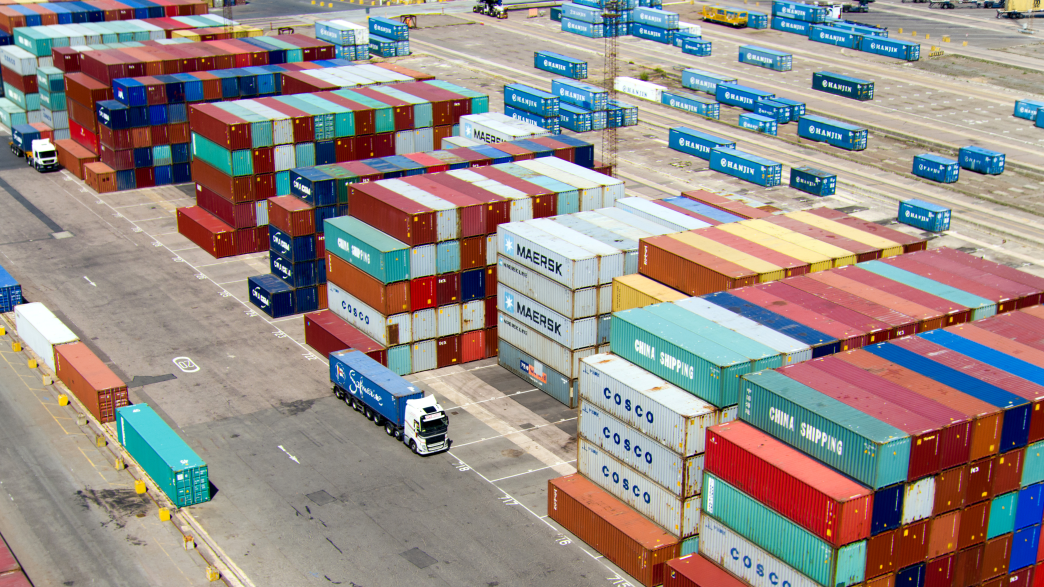
On soft power, or “influence”, the idea that the UK would have been hamstrung by EU membership over its support for Ukraine does not stand up. EU membership did not impede the UK’s support for the US in Iraq. And Leadsom failed to note the damage to the UK’s reputation for stable institutions and respect for the rule of law – both of which took a hit as the Johnson government played fast and loose with the rulebook to get Brexit done – whether with the unlawful prorogation of parliament in September 2019 or with the threat to break international law in the Internal Market Bill over the Northern Ireland protocol.
It is true that the UK can, in principle, better target funding through the Shared Prosperity, Levelling Up and Towns funds than through the EU structural funds – but those funds will only reach EU levels in 2024/25 45 Foster P, Payne S and Williams J, UK fails to meet pledge on post-Brexit regional funding, Financial Times, 8 April 2022, www.ft.com/content/bf8fa303-c1c5-4307-89c5-7ae1e20f1cbb and the distribution has been criticised for a lack of evidence and pork barrelling. 46 Merrick R, Billions for levelling up ‘wasted’ as ministers pick wrong projects and ignore ‘what works’, study warns, The Independent, 2 February 2022, www.independent.co.uk/news/uk/politics/levelling-up-boris-johnson-nao-b2005274.html And the short-term economic hit that most economists think has resulted from Brexit disruption so far means budgets for levelling up and public services are squeezed.

The government did have ambitious schemes for farm payment reforms, but is struggling with criticisms from both farmers and environmentalists.
The government did, as Leadsom said, have ambitious schemes for farm payment reforms, to replace the EU’s Common Agricultural Policy and make farming more environmentally friendly, but the Department for Environment, Food and Rural Affairs (Defra) seems to be struggling with criticisms from both farmers 52 Evans J, Upland farmers lose hope for Brexit dividend, Financial Times, 5 March 2023, www.ft.com/content/75382185-265c-4e6d-874e-b068a9c9e6df and environmentalists over the implementation of the changes. 53 Lancaster T, Defra are falling into the CAP trap with ELM, Wildlife and Countryside LINK, January 2023, www.wcl.org.uk/defra-are-falling-into-the-cap-trap-with-elm.asp Similarly, animal welfare was one of the areas singled out in Johnson’s parting salvo where the government was failing to deliver enough change, for instance after plans to ban foie gras were abandoned. And while the Vallance review 54 HM Treasury, Pro-innovation Regulation of Technologies Review: Digital Technologies, 15 March 2023, www.gov.uk/government/publications/pro-innovation-regulation-of-technologies-review-digital-technologies has pointed to a way ahead on medicines regulation that could allow the UK to develop as a preferred test market for innovative medicine, this does little to assuage most UK researchers’ most pressing concern that the UK is yet to join the EU’s flagship Horizon Europe programme 55 McKie R and Helm T, British science will not flourish outside EU’s Horizon scheme, academics warn, The Guardian, 9 April 2023, www.theguardian.com/education/2023/apr/09/british-science-will-not-flourish-outside-eus-horizon-scheme-academics-warn due to the row over Northern Ireland.
The big claim – that Brexit allowed the UK to develop, approve and procure Covid vaccines quicker – is undermined by the fact that the process was established and completed while the UK was in the transition period and so still subject to EU rules and the jurisdiction of the European Court of Justice. Meanwhile, even though more money has been poured into the NHS, as promised on Johnson’s infamous Vote Leave campaign bus, it has proven less able to bounce back from Covid than health services in other countries and waiting lists are much longer than in 2016.
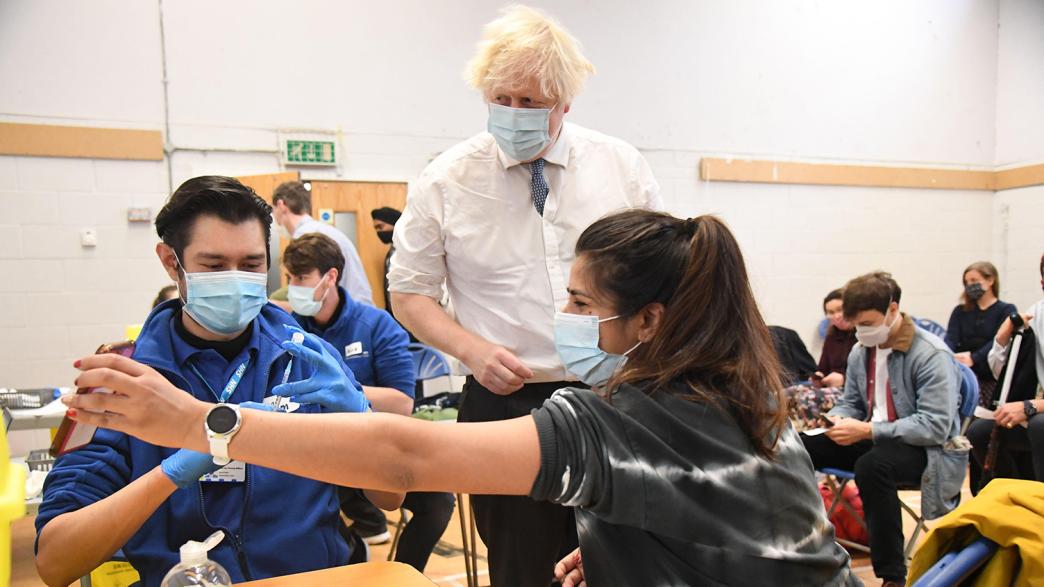
Notably not on the list was the controversial Retained EU Law Bill – the subject of frenzied ping pong between the two chambers over two outstanding Lords amendments on environmental standards and oversight of powers, with the government majority holding out against any further limits on their discretion. 56 Chambers R, The prime minister must stay true to his promise of accountability on retained EU laws, blog, Green Alliance, 20 June 2023, https://greenallianceblog.org.uk/2023/06/20/the-prime-minister-must-stay-true-to-his-promise-of-accountability-on-retained-eu-laws/ This is another example of the Commons being complicit in assuring their own post-Brexit irrelevance. The government had already climbed down significantly to head off a Lords defeat by dropping the sunset clause for the year end and thus changing the default to retain law rather than allow it to vanish off the statute book. That “pragmatic” move was met with sighs of relief from business and bureaucrats – but rage from hard Brexiters, including Johnson loyalists.
Brexit has seen parliament sidelined, worsened relations with the devolved governments and destabilised Northern Ireland
For many, the key driver of Brexit was restoring parliamentary sovereignty. But the initial parliamentary battles pitched the institution against a hard-to-interpret public vote. Far from drawing on parliament’s greater power getting the deal through saw the government routinely sideline it – from rushed through the approvals of both the Withdrawal Agreement and the Trade and Cooperation Agreement, to minimising opportunities for scrutiny of other trade deals, and introducing sweeping new secondary powers for the executive to amend laws inherited from the EU. The House of Commons itself has put Brexit purity above any attempt to hold the government to account for its stewardship of the new relationship.

The government routinely sidelined parliament – from rushed through the approvals of both the Withdrawal Agreement and the Trade and Cooperation Agreement, to minimising opportunities for scrutiny of other trade deals.
Despite initial promises from Theresa May that she wouldn’t trigger Article 50 before securing a “UK approach”, 58 BBC News, Brexit: PM is 'willing to listen to options' on Scotland, 15 July 2016, www.bbc.co.uk/news/uk-scotland-scotland-politics-36800536 Brexit was essentially a UK government endeavour. The Scottish and Welsh governments became increasingly critical of the Westminster government’s approach to the negotiations and to addressing the domestic implications of EU exit – not least in its disregard of the Sewel convention on legislating in devolved areas with the consent of the Scottish or Welsh parliaments, and imposition of the UK Internal Market Act which clips devolved autonomy. The travails of the SNP may have reduced the short-run pressure for another independence vote, but it is clear that many in Scotland no longer feel that membership of the UK is compatible with their desire be part of the European mainstream.
In Northern Ireland the failure to have a plan has led to prolonged agonies. While the UK and the EU might finally have reached a deal on how to manage the ‘Irish Sea border’ in the Windsor Framework, Northern Irish politics still lives under the shadow of Brexit. Indeed, for over half of the seven years since the referendum, the devolved government that Stormont has not functioned due to continual political impasses – there are still no indications when the DUP, still fiercely opposed to Johnson’s Northern Ireland protocol, will finally lift its veto on restoring the executive.
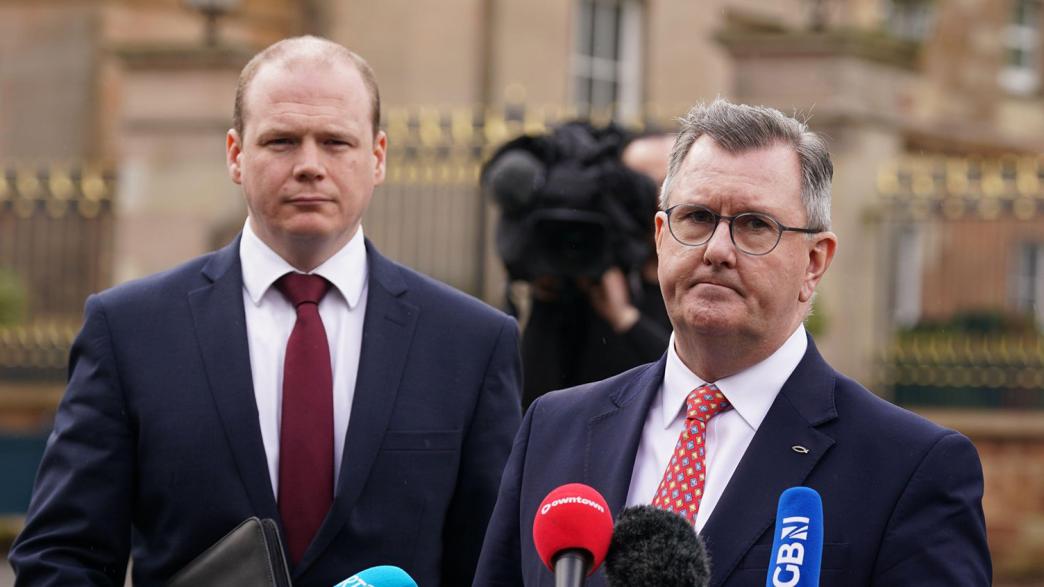
Next year there is scope to rerun divisions with the first consent vote in the assembly on the post-Brexit arrangements for Northern Ireland. Meanwhile, trust in the UK government is stuck at rock bottom. Northern Ireland secretary Chris Heaton-Harris admitted at a recent Institute for Government event, that the government needs to “reconfirm essentially what’s in the Belfast/Good Friday agreement, that we’re proud to have Northern Ireland as a strong and integral part of the United Kingdom.”
Reversing Brexit is nowhere on the horizon – but both sides should think about the longer-term UK–EU relationship
Disappointing economic growth, the cost of living crisis and the poor state of public services are no doubt all contributing to the growing sense among the public that Brexit was the “wrong” decision. 60 Smith M, Most Britons say Brexit has been ‘more of a failure’, YouGov, 22 May 2023, https://yougov.co.uk/topics/politics/articles-reports/2023/05/22/most-britons-say-brexit-has-been-more-failure This gives some people hope that a braver opposition could change from their undertaking to “Make Brexit Work” to embrace efforts to rejoin the EU.
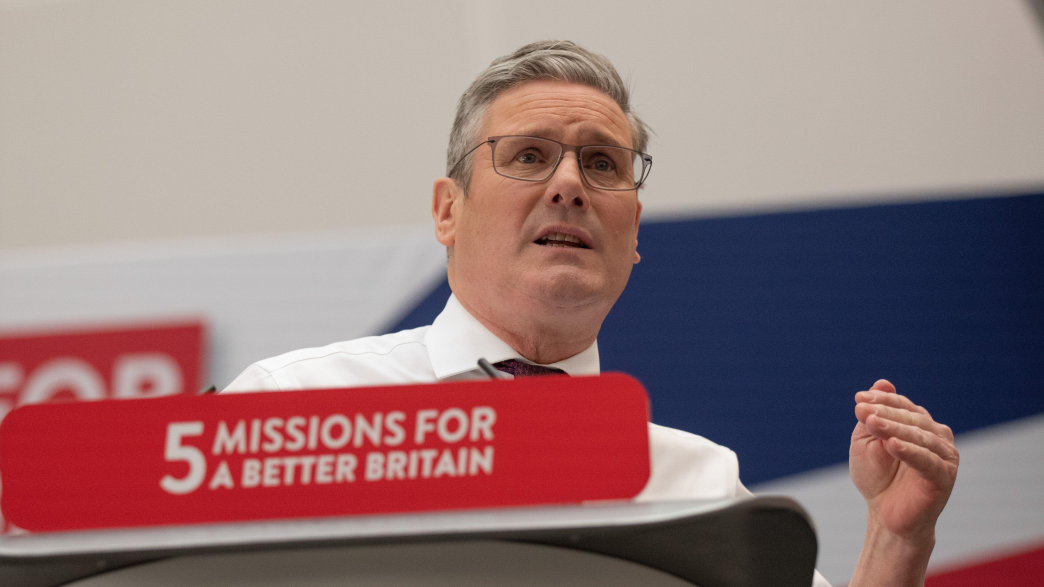
But even the minor improvements to the UK–EU relationship that Labour is keen to see may prove harder to land than it thinks. A future Labour government could take unilateral actions, such as making it easier for European school parties to visit the UK, but the EU is already dampening expectations for the 2025 review of the Trade and Cooperation Agreement, emphasising it is solely about implementation.
The truth is that the deal that Johnson and his chief Brexit negotiator, David Frost, agreed to is working pretty well for the EU, and they are unlikely to want to devote much time or effort to giving the UK back what it gave away in those negotiations. And the idea that the EU would go through the agonies of negotiating a new institutional arrangement with a new UK government, either through single market or EU membership, belongs to the ever increasing stable of Brexit unicorns – at least it is clear that the Conservative Party would not rip up any renegotiated soft Brexit deal the moment they got back into power. In that respect, Brexit is “done” for now at least.
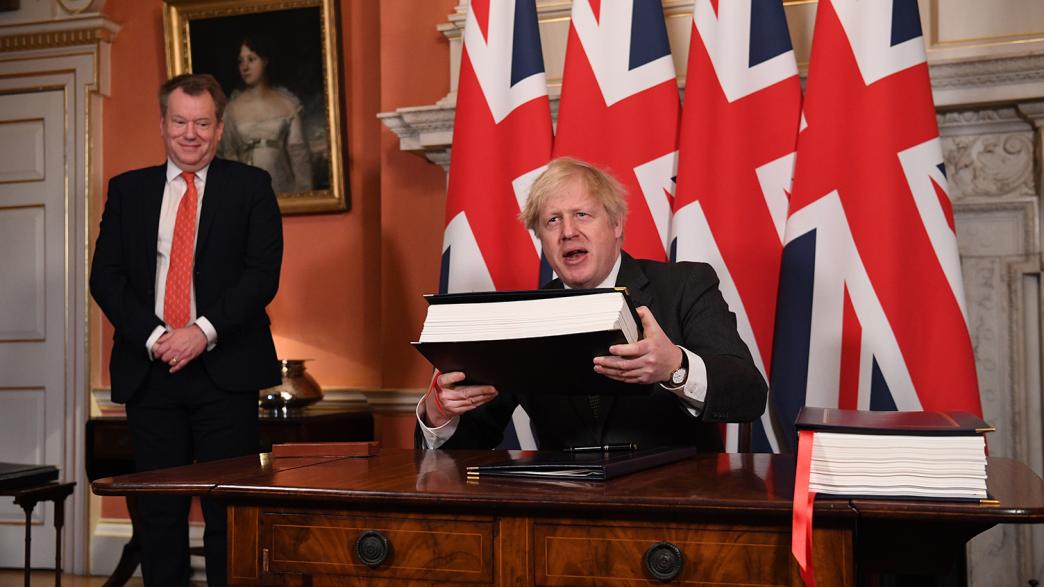
At some point though, both sides may want to think seriously about what remains a critical strategic relationship. The EU does not benefit from a poorer UK thrashing around erratically on its western flank. The UK does not benefit from a ‘permafrosty’ relationship with its nearest big regional bloc. At some point that thinking will need to start.
- Keywords
- Withdrawal Agreement Northern Ireland protocol Trade Immigration Agriculture Environment Farming The union Intergovernmental relations Supply chains
- Country (international)
- European Union
- Political party
- Conservative
- Position
- Prime minister
- Administration
- Sunak government Johnson government May government
- Public figures
- Boris Johnson Theresa May
- Publisher
- Institute for Government